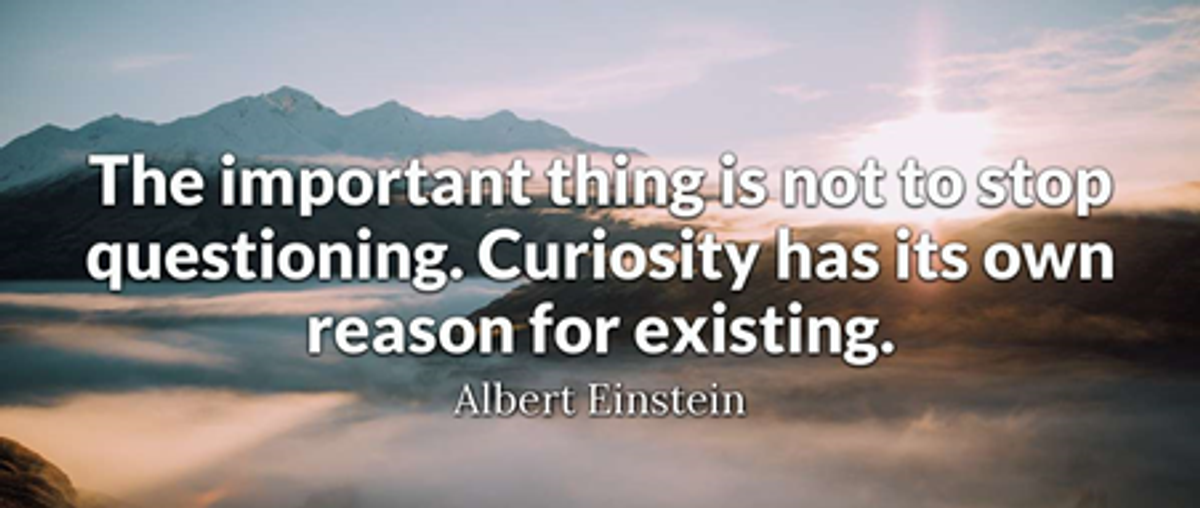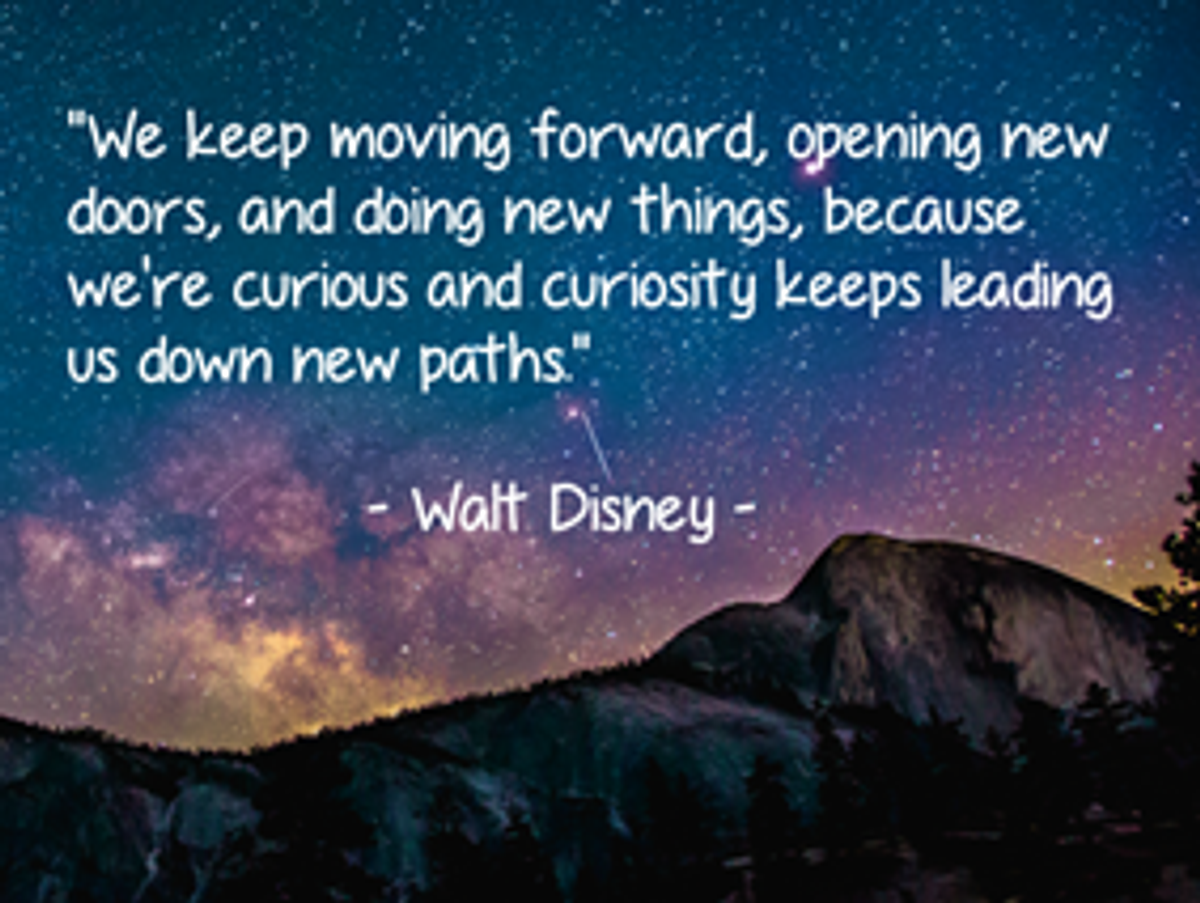CURIOSITY - IGNITING THE SPARK

Curiosity allows us to better understand the world around us. It helps children be more observant and to think about things more deeply and try to figure them out. When children explore their curiosity, they expand their vocabulary as they use language to describe what they’re thinking, seeing, hearing, or experiencing. You can help your child’s growth by supporting his/her curiosity.
You can nurture your child’s curiosity by:
- Providing them with opportunities to explore and observe the world around them
- Allowing them to engage in unstructured play to encourage and nurture your child’s sense of discovery. By providing your child with time to play, you are allowing them to use and practice their curiosity and imagination
- Being involved in their questions, and asking them questions regarding their wonderings. This will encourage them to think further
- Answering questions simply and clearly. However, no matter the age, always ask your child first what their thoughts are before answering
- Using open-ended questions.Use who, what, when, where, why and how to stimulate your child’s curiosity
- Allowing your child to learn more about what they're naturally drawn to. This innate sense of inquisitiveness is what makes us human, and upon the discovery of new information we have the unique ability to then make associations between totally unrelated concepts and ideas
- Wondering aloud. When we say out loud, “I wonder why...?" we are modelling what it means to be curious
- Exposing your child to different ethnic cultures, as this can open up their minds and broaden their acceptance of cultures that are not similar to their own
There are also many factors that can get in the way of your child’s curiosity, like too much screen time or over-scheduling of activities. If you do not allow some time for unstructured play, you may be inhibiting your child’s imagination.
ERPs
The students have commenced presenting their information and ideas through different means such as:
- Videos
- Interviews
- Surveys
- Google Sites
- PowerPoints
- Posters
These will be completed shortly. Students will then have the opportunity to present their ERP to the class.
We will then commence a new Big Idea which ties in closely with our current one.
This will support our students with:
- Applying what they know to new situations
- Making connections between ideas
- Thinking critically and creatively
- Deepening their understandings of concepts
- Questioning, analysing and reflecting


